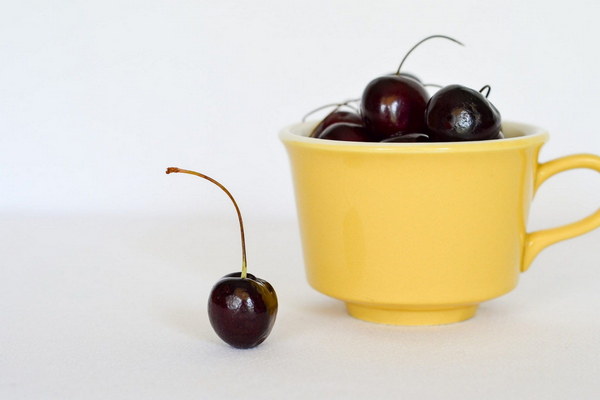Unlocking the Benefits of Dendrobium Nourishing Kidney Yin or Stomach Yin
In the realm of traditional Chinese medicine, Dendrobium (Shihu) has been esteemed for centuries for its remarkable health benefits. Often referred to as the King of Herbs, Dendrobium has been used to nourish both kidney and stomach yin. But which yin does it primarily nourish? Let's delve into the fascinating world of Dendrobium and discover whether it is more beneficial for kidney or stomach yin.

Dendrobium, a member of the orchid family, is native to China, Japan, and other Asian countries. Its roots, stems, and flowers are used in traditional Chinese medicine to promote overall well-being. According to TCM, Dendrobium has a sweet, slightly bitter taste and a cooling property, making it ideal for nourishing yin and replenishing vital essence.
In TCM, kidney yin and stomach yin are two crucial aspects of the body's physiological functions. Kidney yin is responsible for maintaining the body's fluid balance, promoting reproductive health, and regulating the endocrine system. Stomach yin, on the other hand, is essential for digestion, absorption, and nutrient metabolism. So, does Dendrobium primarily nourish kidney yin or stomach yin?
To answer this question, we must first understand the characteristics of kidney yin and stomach yin deficiency. Kidney yin deficiency is often characterized by symptoms such as night sweats, hot flashes, dizziness, tinnitus, and low back pain. Stomach yin deficiency, on the other hand, may manifest as symptoms like dry mouth, thirst, constipation, and poor appetite.
Research and clinical evidence suggest that Dendrobium has a more profound effect on nourishing kidney yin. This is attributed to its unique properties that help to replenish and balance kidney yin. By nourishing kidney yin, Dendrobium can alleviate symptoms associated with kidney yin deficiency, such as night sweats, hot flashes, and dizziness.
Moreover, Dendrobium's ability to nourish kidney yin also has a positive impact on reproductive health. In traditional Chinese medicine, kidney yin is closely associated with the reproductive system. By nourishing kidney yin, Dendrobium can help improve fertility and support reproductive health.
However, it is important to note that Dendrobium also has a beneficial effect on stomach yin. In cases where there is a concurrent deficiency of both kidney and stomach yin, Dendrobium can help nourish both yin aspects simultaneously. This dual action can provide relief from symptoms related to both kidney and stomach yin deficiency, such as dry mouth, thirst, constipation, and poor appetite.
In conclusion, while Dendrobium primarily nourishes kidney yin, it can also support stomach yin when needed. This makes it a versatile herb in the realm of traditional Chinese medicine, offering a wide range of health benefits. Whether you are dealing with kidney yin deficiency or seeking to improve your overall well-being, Dendrobium can be a valuable addition to your wellness regimen.
Incorporating Dendrobium into your daily routine can be done in various forms, such as tea, powder, or capsules. However, it is essential to consult with a qualified healthcare professional before starting any new supplement or treatment, especially if you have pre-existing health conditions or are taking other medications.
In summary, Dendrobium is a remarkable herb with the potential to nourish both kidney and stomach yin. While it primarily benefits kidney yin, it can also support stomach yin when needed. By understanding the unique properties of Dendrobium, we can unlock its full potential and enjoy its numerous health benefits.









